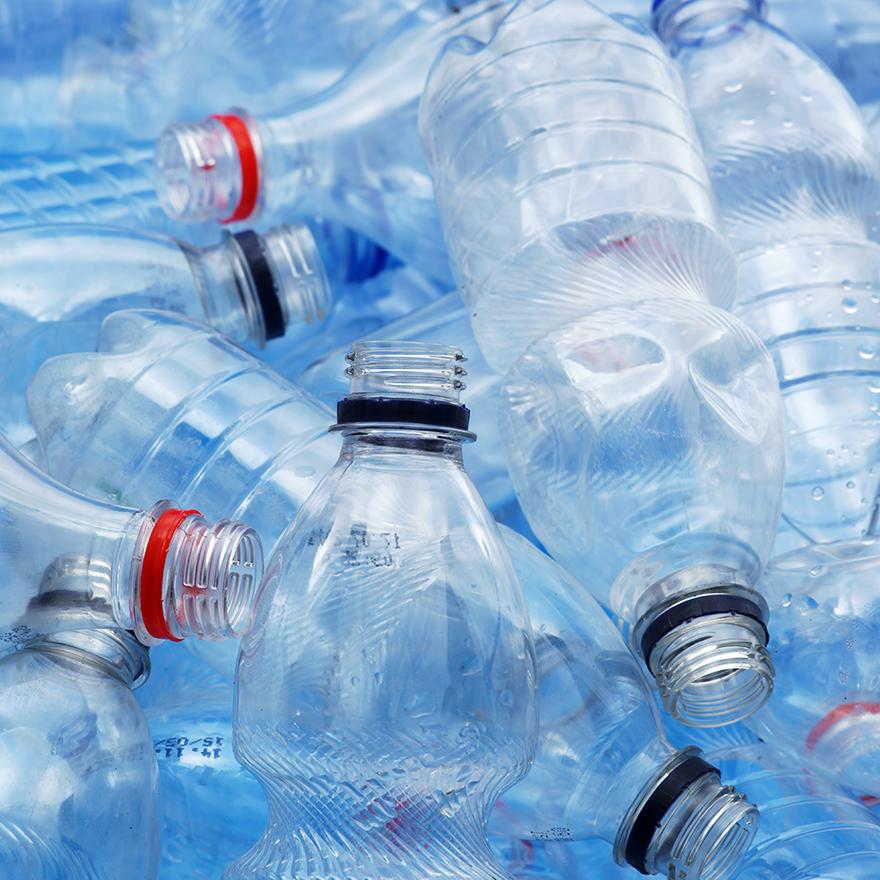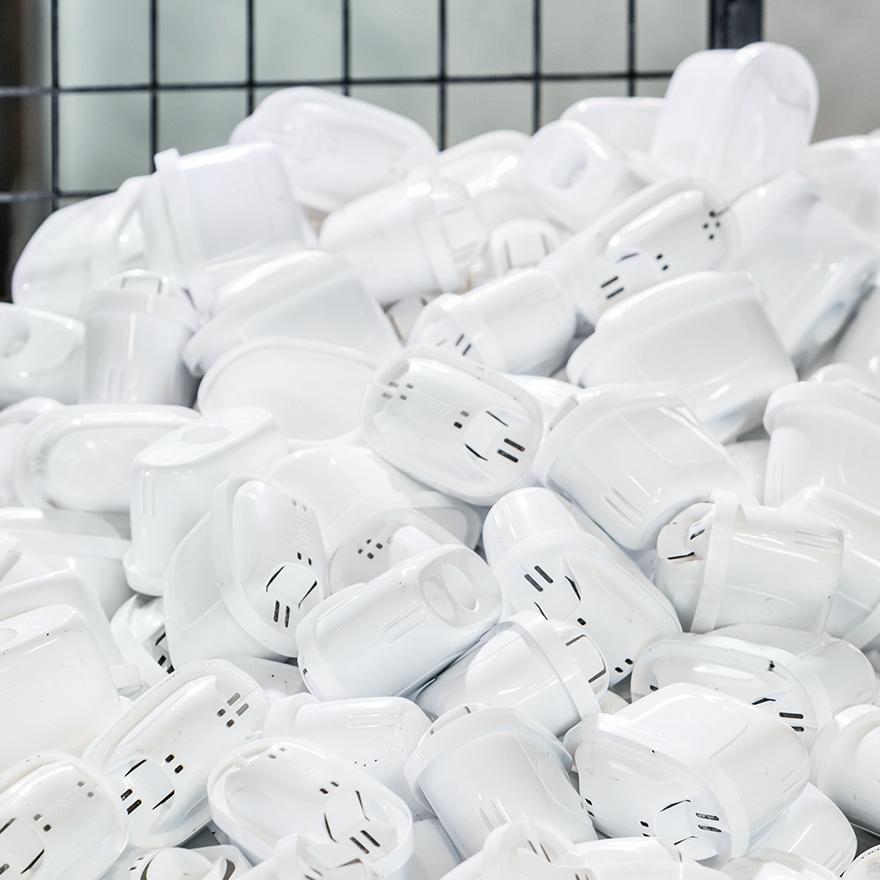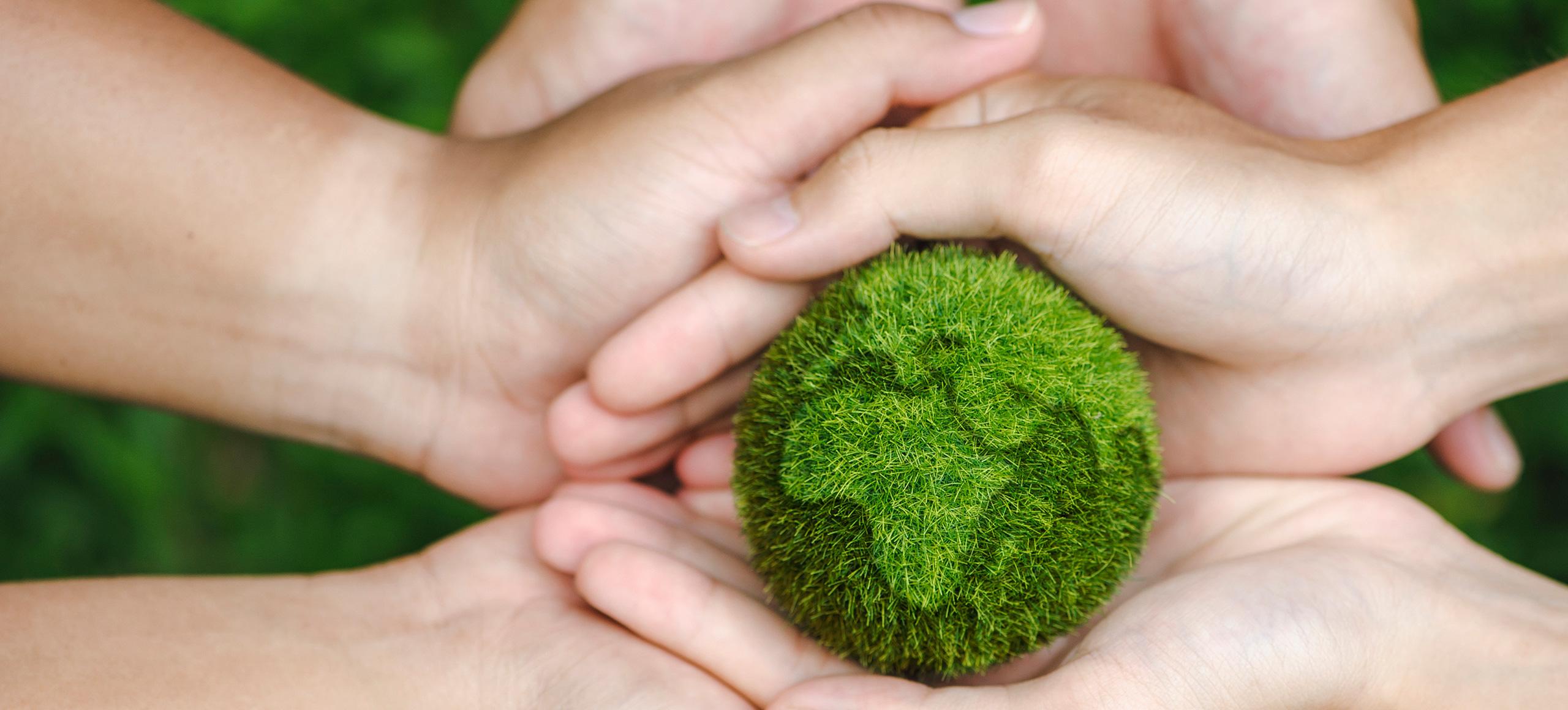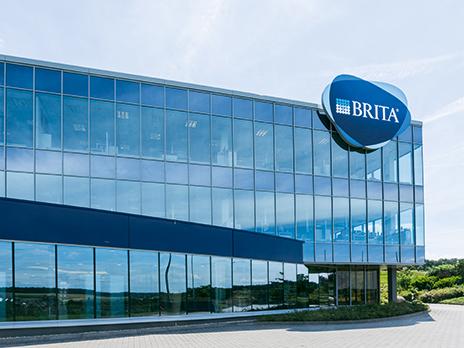This Saturday is Global Recycling Day, a UN recognised movement which, since 2018, has highlighted the significance of recycling in our waste management systems across the globe. Its mission is to remind everyone of the importance of managing earth’s materials sustainably, and that we should see materials as a resource instead of waste, especially at end-of-life.

Recycling figures
Most materials can now be recycled, whether at home or through stores, and it is critical we prevent recyclable materials from ending up in landfill. While paper can take 2 – 6 weeks to biodegrade, aluminium cans can take between 80 – 200 years, plastic bottles 450 years and glass a staggering one million years.
Seeing these figures for recyclable materials reminds us of the absolute necessity to recycle where we can, or even better to reuse our products and ensure these valuable materials remain in the system, in what is known as the circular economy. If we are to reach our global climate targets, moving to a circular economy is paramount, and recycling is one part of this.
In addition, recycling doesn’t just save valuable materials from going to landfill, it also saves around 700 million tons in CO2 emissions every year by reducing energy consumption in the mining of virgin materials and the creation of new products. Every time we recycle or reuse, we’re helping to reduce the amount of greenhouse gases from entering our atmosphere.

How our products support the circular economy
BRITA’s products help to support the circular economy by encouraging reduction and reuse. At BRITA we prioritise reusing materials in all our products and ensure high quality recycling over lesser forms of disposal. We started our recycling programme back in 1992 to prevent the contribution of additional waste sent to landfill, and to help our customers and partners act sustainably. At the time this was a pioneering programme, driven by our founder Heinz Hankammer, who has always ensured sustainability is a core part of BRITA’s business model.

Recycling BRITA water filter cartridges
For our consumers, while you can reuse the refillable water jug infinitely, the filtration cartridge must be replaced. To recycle this the three parts of the cartridge are separated. The activated carbon is reactivated and used again for other filtration processes. The outer plastic shell is shredded and reused for new plastic parts, and the ion exchangers are regenerated and reused in new BRITA cartridges. Take your used cartridges to our partner stores, such as Tesco and Sainsburys, and we’ll do the rest. Our cartridge return scheme helps to ensure that at the end of their life, every part that can be recycled is, and the 1% that remains is sent to an Energy-From-Waste facility where it is responsibly incinerated to produce electricity, heat, or steam.

Professional sustainability agreement
Professional customers can also play their part in the BRITA recycling process. By signing up to our sustainability agreement, businesses can become official filter cartridge recycling centres themselves, which means that others can drop off their cartridges and then we will get them collected. In addition, businesses can also sign up to our BRITA Managed Services where we will collect their professional filters when ready to be recycled. This is all part of our commitment to diverting our operational waste from landfill.

Our recycling programme
The BRITA recycling programme has become established in many European countries such as Germany, England, France, Spain, Switzerland, Belgium and the Netherlands. In cooperation with many trade partners, BRITA water filter cartridges are collected and brought to our headquarters in Germany. In Asia, water filter cartridges are not transported to Germany. Instead, we work with partner companies to enable filter recycling locally.
We are continuing to explore how to make recycling our cartridges as easy as possible, and although recycling isn’t the perfect answer, it can help reduce waste disposal and transform useful materials into new products. and BRITA is committed to reducing single-use plastic waste by encouraging reuse and refill models, and providing our customers with opportunities to recycle where we can.




